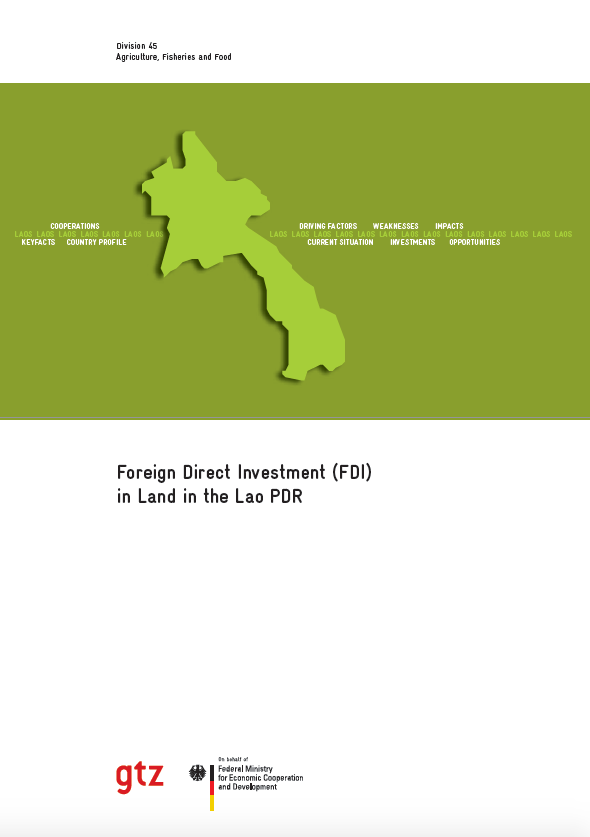The Impact of Economic Land Concessions on the Local Livelihoods of Forest Communities in Kratie Province, Northeastern Cambodia
This study attempts to understand the impact of economic land concessions for agro-industrial production promoted by the government. This promotion heavily impacts on the locals’ livelihoods and obstructs decentralized natural resource management, especially in natural forest resources. They also examined locals’ response to such a development scheme. The study found that in regard to “economic growth”, the state has very strong control over natural resources and people.




